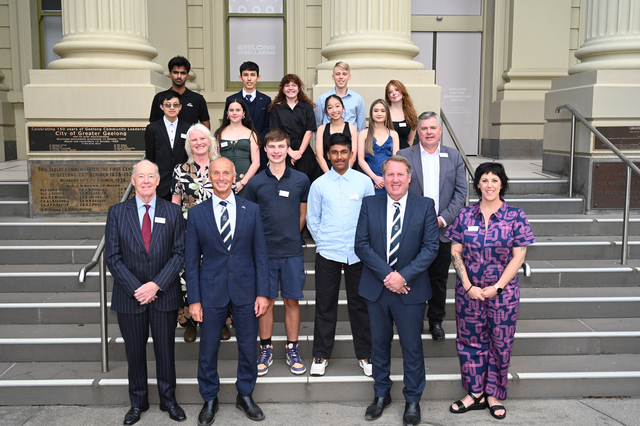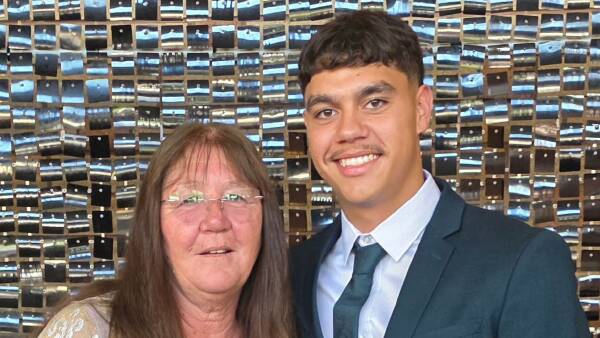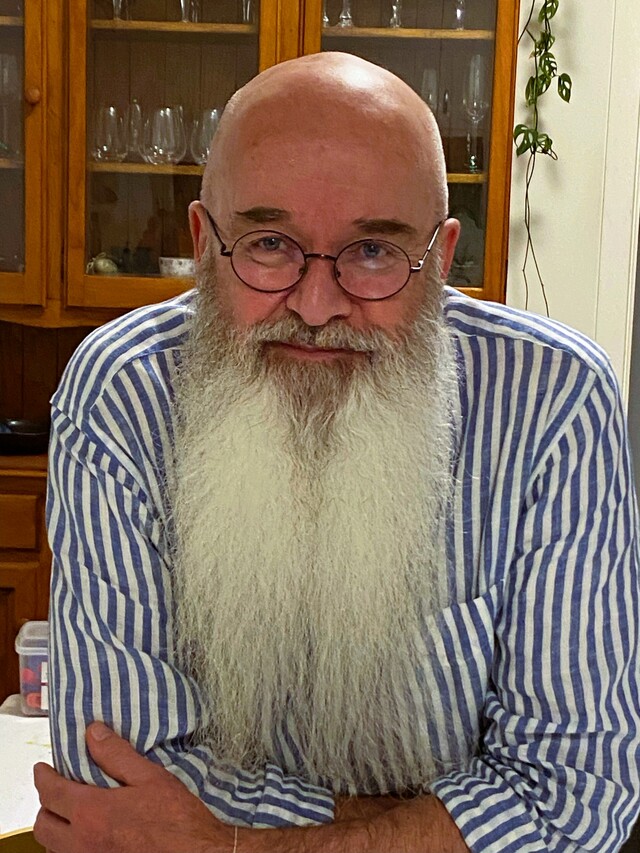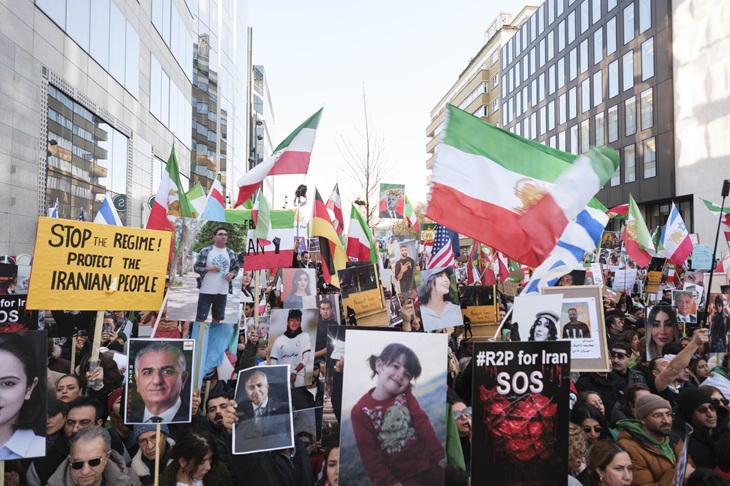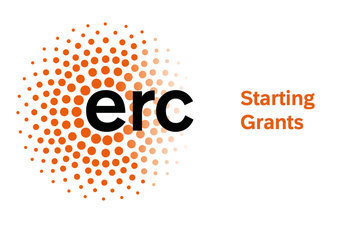
The Max Planck Society (MPG) has achieved a significant milestone by securing 17 ERC Starting Grants in the latest round of funding from the European Research Council (ERC) this year. With a total of 56 applications submitted by the Society, this accomplishment reflects a success rate of approximately 30 percent, underscoring MPG’s continued excellence in early-career research support.
This latest achievement solidifies the Max Planck Society’s position as a leader in the European research landscape, tying for first place in the ERC rankings alongside the French National Centre for Scientific Research (CNRS). Following these institutions are prominent organizations such as the University of Oxford with 12 grants, the University of Amsterdam with 10, and ETH Zurich with 9. The ERC received a total of 3,928 applications, approving 478, which translates to a 12 percent acceptance rate.
Success Across Disciplines
Germany remains at the forefront of the European research scene, leading the rankings with a total of 99 grants. It is followed by the United Kingdom with 60, the Netherlands with 44, and France with 41. Among the successful applicants from the Max Planck Society, the Humanities and Social Sciences Section (GSHS) notably achieved a peak success rate, with 6 out of 13 applications securing funding, which is a remarkable 46 percent success rate.
In contrast, the Biology and Medicine Section (BMS) saw 4 out of 15 applications approved, resulting in a success rate of 27 percent. The Chemistry, Physics, and Technology Section (CPTS) achieved a success rate of 25 percent, with 7 out of 28 applications granted funding.
List of Recipients and Funding Impact
The ERC Starting Grants provide an average funding of €1.5 million over a period of five years. This funding enables early-career researchers to establish their own research teams and pursue innovative ideas independently.
The successful recipients from the Max Planck Society include:
**Chemistry, Physics & Technology:**
– Anna De Graaff – Max Planck Institute for Astronomy
– Christian Renggli – Max Planck Institute for Solar System Research
– Mariya Toneva – Max Planck Institute for Software Systems
– Rahul Trivedi – Max Planck Institute of Quantum Optics
– Alexander Wietek – Max Planck Institute for the Physics of Complex Systems
– Alexander Winkler – Max Planck Institute for Biogeochemistry
– Guanqui Qiu – Max Planck Institute for Coal Research
**Humanities and Social Sciences:**
– Ugofilippo Basellini – Max Planck Institute for Demographic Research
– Arthur Kocher – Max Planck Institute for Evolutionary Anthropology
– Marília Nepomuceno – Max Planck Institute for Demographic Research
– Hannah Sarvasy – Max Planck Institute for Psycholinguistics
– Oleg Sobchuk – Max Planck Institute for Evolutionary Anthropology
– Sofie Valk – Max Planck Institute for Human Cognitive and Brain Sciences
**Biology & Medicine:**
– Can Aztekin – Friedrich Miescher Laboratory
– Valentin Flury – Max Planck Institute of Immunobiology and Epigenetics
– Juliane Glaser – Max Planck Institute of Immunobiology and Epigenetics
– Martina Preiner – Max Planck Institute for Terrestrial Microbiology
The recognition and support from the ERC not only affirm the quality of research at the Max Planck Society but also contribute significantly to advancing knowledge across various scientific fields.
